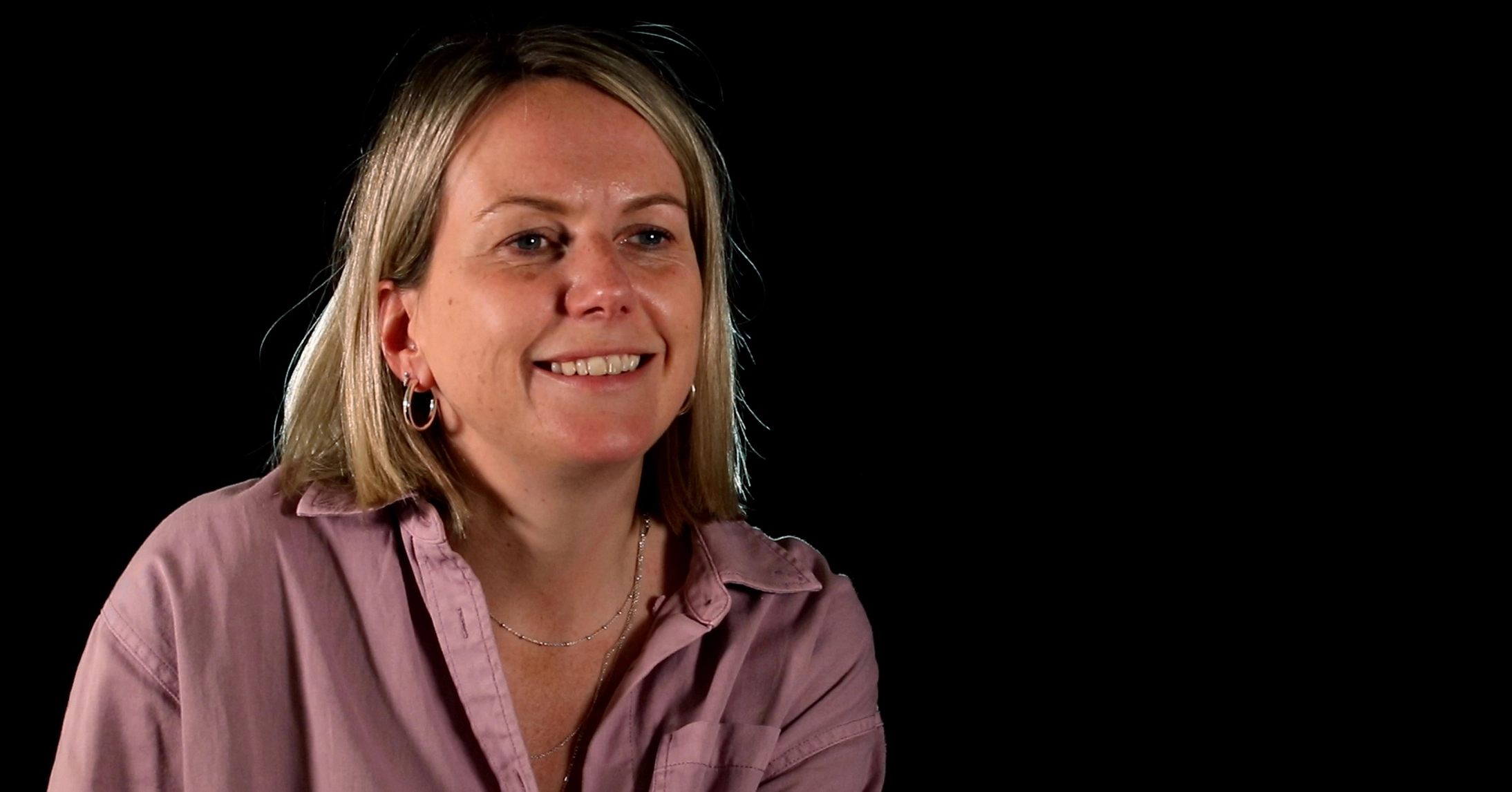Developing strategy virtually… and getting better results
We’ve had to adopt new ways of working in the last few years as we have had to work virtually. And now some people are heading back into the office.
However, it's time to evaluate our choices and not just slip back into comfortable old patterns. I am sure many of you have had your fill of virtual working, but I believe the virtual environment is genuinely a better way to develop strategy – even at large, complex global organizations.
Why? Virtual strategy sessions are agile, they encourage real collaboration... and deliver timely and effective output.
The problem with in-person strategy sessions
The problem with in-person strategy sessions is that they can be cumbersome and siloed. Each “team” preps a lot of material and often sits next to their friends and counterparts. Conversations go around the room, from function to function and senior leadership often makes the decision.
The in-person environment also assumes you are lucky enough to have all your team members in the same location and not a faint voice heard over speakerphone or even worse, someone caught at the airport and not able to make the live session.
The benefits of virtual strategy development sessions
Conversely, a virtual strategy session allows people in different locations (and even agency partners) to quickly meet to develop strategy. And the virtual environment can help to level the playing field between functions and titles. How?
If you use a technology platform, such as Mural, participants in the session can be made anonymous. This eliminates the “loud voice,” or political positioning found in many in-person sessions. It also means that people do not just add their votes to senior management preferences. Virtual sessions done well tap into the potential of the entire team.
Live action strategy bootcamps
Recently, a large, global pharmaceutical company and their consulting partner, Oxford, used “Live Action Strategy Bootcamps” to solve specific business challenges across multiple franchises and categories. There were 17 franchises/categories which ran virtual strategy bootcamps over a few months period. These live action bootcamps helped the marketers feel comfortable with and activate against the new strategy and growth ambition set by company management.
To run these sessions effectively, the business challenges for each franchise/category were agreed upon early. Key questions like – what is our challenge, what is the context, and what is the approach? – helped to set the stage for the virtual sessions.
The client team also completed pre-work that was a living tool that summarized the team's understanding and strategic choices in relation to the business challenge. These elements were crucial to the success of the sessions as you do not want to debate these foundational elements, but rather build and improve upon them in the session.
Other keys to success
Other keys to success were that Oxford created baseline materials for all sessions that were prepared in advance and repurposed when needed. This helps to drive consistency across the company and efficiency in developing the individual virtual strategy sessions. Additionally, the Mural platform was used in combination with Microsoft Teams so that the categories could talk on camera to build on each other’s thinking, but also use Mural to brainstorm and build in a more anonymous way.
Despite the complexity of their Pharma business, the virtual strategy bootcamps were a huge success. Leaders from the company echoed my feelings about the use of virtual for strategy.
An incredibly effective result in such a short period of time
A great opportunity to revise things that are normally a given, especially in changing times
A good way to interact with this group size and ensure everyone can contribute
If you feel that virtual strategy session is right for you, there are three critical pieces to get right.
- Agreement on clear challenge. This includes understanding the scope and principles of the issue. To be clear, these sessions might not create your entire strategy but should help with some of the trickier parts through active cross-functional input.
- Use of the right technology. With the pandemic, we have seen an explosion in online platforms for virtual working. While there are many options, a great virtual strategy session doesn’t need bells and whistles. The technology platform should encourage interaction, allow you to make changes, and importantly build upon each other’s ideas. I love platforms that provide anonymity as it encourages input and…honesty.
- Working with an experienced facilitator/consulting partner. Done well, virtual appears easy. But there is a lot of preparation and behind-the-scenes work that goes into the experience. Find a consulting partner that understands virtual, your business, and is not afraid to challenge the status quo.
If you'd like to find out more about working with a consulting partner to plan strategy virtually then please get in touch, we'd love to talk!
Share this
You May Also Like
These Related Stories

Category Growth Strategy: Putting People at the Heart of Your Plan

Customer Engagement Strategy

.png?width=657&height=57&name=OXFORD%20LOGO%20(1).png)
No Comments Yet
Let us know what you think